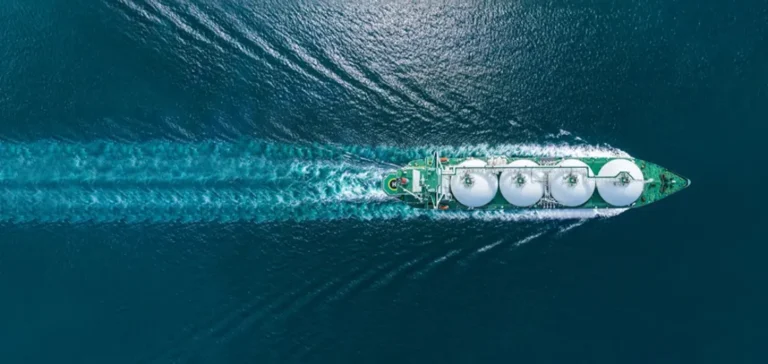China Offshore Oil Engineering Company (COOEC), a subsidiary of China National Offshore Oil Corporation (CNOOC), has signed an engineering, procurement and construction (EPC) contract worth up to $4bn with QatarEnergy. The agreement covers the development of the Bul Hanine offshore oil field, located approximately 100 kilometres east of the Qatari coastline.
A large-scale project in the Gulf
This contract represents the largest ever awarded to a Chinese company for an offshore oil and gas engineering project in the Middle East, according to officials at the launch meetings held in Tianjin and Singapore. The Bul Hanine field, located in the shallow waters of the Gulf, reaches a maximum water depth of 40 metres.
The project scope includes design, procurement, construction, transportation, installation and commissioning of over 60 separate offshore structures and 40 subsea pipelines and cables. COOEC also stated that the work will involve retrofitting existing platforms and decommissioning abandoned installations.
Unprecedented industrial intensity
According to COOEC, the project will set a record in terms of business scope and technical complexity. It will require processing over 130,000 tonnes of steel, making it one of the most extensive undertakings by the company outside China.
The development of the Bul Hanine field is considered a major project within QatarEnergy’s offshore expansion strategy. COOEC’s participation reflects growing energy cooperation between China and Qatar.
A lever for bilateral cooperation
COOEC officials highlighted that this project supports international cooperation goals under China’s Belt and Road Initiative.
The Bul Hanine development adds to Qatar’s efforts to optimise production from its mature hydrocarbon fields, amid sustained regional and international demand.






















